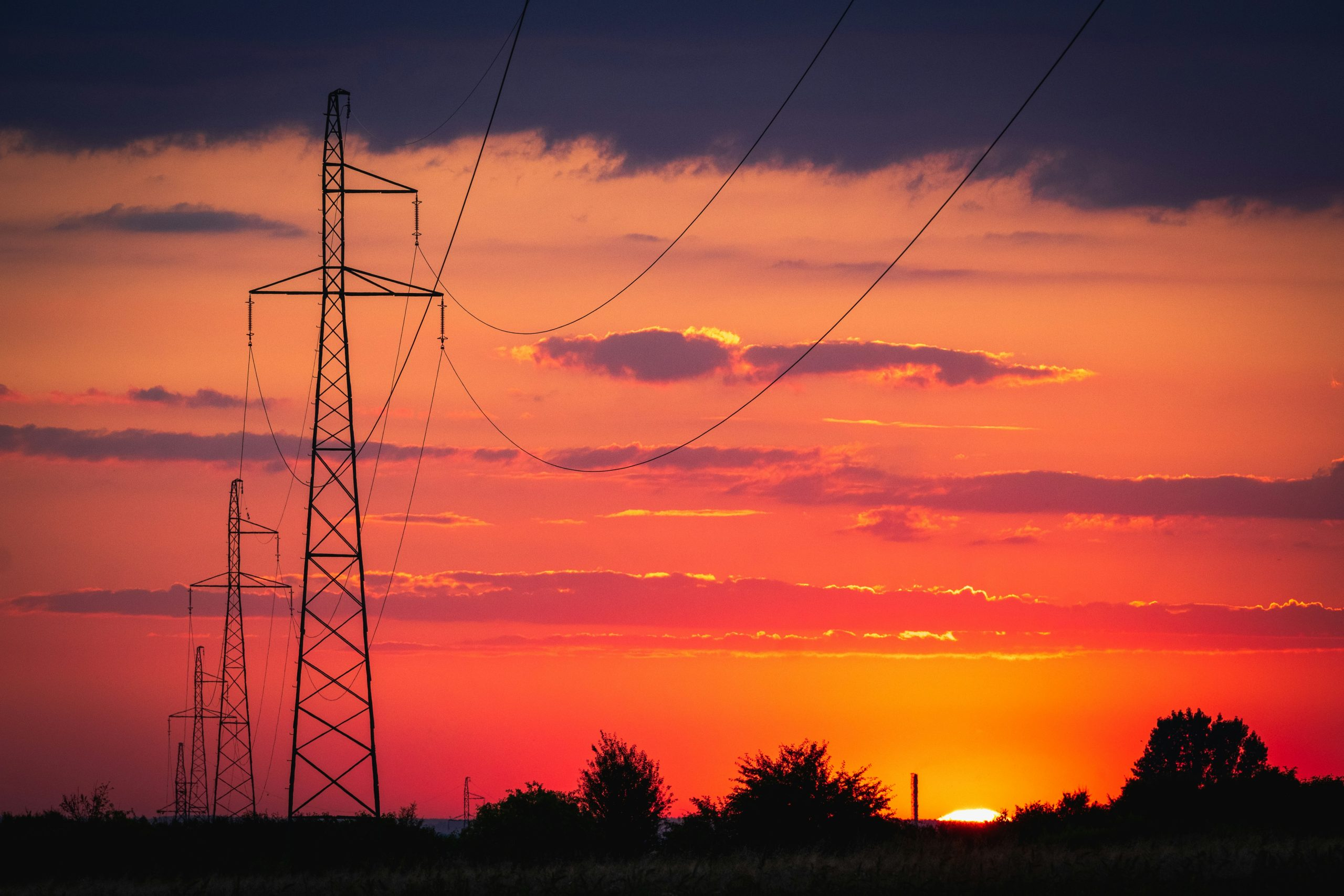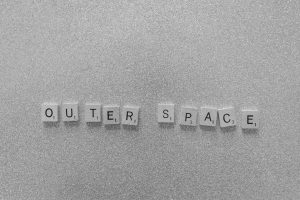HOA Power Struggles: Challenging Restrictive Covenants
Living in a community with a Homeowners Association (HOA) can have its benefits. From maintaining property values to organizing community events, HOAs play an important role in the upkeep of a neighborhood. However, with great power comes great responsibility, and unfortunately, some HOAs abuse their power. One of the most common ways this can happen is through restrictive covenants. These covenants are written rules that govern the behaviors and actions of residents within the community. But what happens when these covenants become a source of power struggle within the HOA? Let’s dive into the world of HOA power struggles and how challenging restrictive covenants can bring about much-needed change within a community.
Understanding Restrictive Covenants
Before we delve into HOA power struggles, it’s important to first understand what restrictive covenants are and why they exist. These covenants are typically created when a community is first developed and are designed to ensure that specific standards are maintained within the neighborhood. This can include regulations on the type and style of homes, landscaping, and even parking. The goal is to uphold a certain standard of living for all residents and to protect property values.
While these covenants can be beneficial in some ways, they can also be problematic. Some covenants can be too strict, limiting residents’ freedom and creativity, while others can be outdated or discriminatory. In these cases, HOA power struggles can arise, and residents may find themselves at odds with the very rules meant to govern their community.
HOA Power Struggles: How They Happen
HOA power struggles can occur for many reasons, but one of the most common is when a board member or a group of board members wield their power in a way that benefits their personal agendas. This can lead to the enforcement of overly strict covenants or the selective enforcement of certain rules, causing friction and conflict within the community. Additionally, some board members may use their power to gain financial benefits or to exert control over fellow residents.
In extreme cases, HOA power struggles can also arise from disagreements between board members, resulting in a power imbalance, and ultimately, an abuse of power. In these situations, it’s not uncommon for residents to feel helpless and frustrated, not knowing how to challenge the authority of the HOA in a meaningful way.
Challenging Restrictive Covenants
So what can residents do when faced with HOA power struggles and restrictive covenants that seem unjust? One option is to challenge the covenants themselves. This can be a difficult and lengthy process, but with the right approach, it is possible.
The first step is to thoroughly review the covenants and identify any areas that are problematic or outdated. Then, residents can come together and petition for a review or amendment of these covenants. This can be done through a vote at community meetings or by writing letters and gathering support from fellow residents. It’s important to approach this in a professional and respectful manner to avoid further conflict.
If residents are unable to achieve change through these means, they may need to seek legal counsel. An attorney can provide guidance on how to challenge restrictive covenants through the legal system. This can be a costly and time-consuming route, but it may be necessary in certain situations.
Finding a Balance
HOAs are designed to maintain order and protect property values within a community, but they should not hold excessive power over residents. Challenging restrictive covenants can help find a balance between upholding standards and allowing residents to have a say in their community. It’s important for HOAs to listen to the concerns of their residents and make necessary changes to improve the community for everyone.
In Conclusion
Power struggles within HOAs can be a challenging and frustrating experience for residents. However, by understanding restrictive covenants, recognizing the signs of misuse of power, and taking proactive steps to challenge these covenants, change can be brought about for the betterment of the community as a whole. It’s essential for HOAs to work together with their residents to create a fair and balanced environment that benefits everyone.











